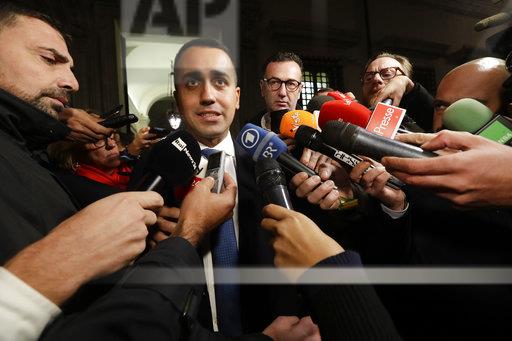A diplomatic row between France and Italy has reached unprecedented levels in recent history, as the French ambassador in Rome was recalled to France on Thursday.
The move, the last occurrence of which dates back to 1940 and immediately preceded declarations of war, comes after Italian Deputy PM Luigi Di Maio met gilets jaunes, or “yellow vest” protesters near Paris on Tuesday. Mr. Di Maio tweeted a picture of himself surrounded by members of a gilet jaunes list running for European Parliament in May, captioning it with the statement “the winds of change had crossed the Alps”. The meeting, which was organised without the French government’s knowledge, led France to warn Mr. Di Maio not to interfere in the country’s politics.
The French ministry for foreign affairs declared on Thursday that “for several months France has been the subject of repeated accusations, unfounded attacks and outlandish claims”.
Mr Di Maio maintained that he considers the French people as “friends and allies”. Italian PM Giuseppe Conte said he hoped the situation could be “cleared up immediately”.
“Italy and France’s relationship is rooted in history and cannot be called into question by events,” he said. The two countries are both founding members of the European Union.
This is only the latest in a months-long series of verbal and diplomatic clashes between the two countries, with Italy’s populist and right-wing ruling coalition coming into frequent conflict with Emmanuel Macron’s centrist French government over issues such as migration.
The opening salvo was fired when Italy refused to welcome the Aquarius, a rescue ship bearing migrants, drawing criticism from France and prompting a reciprocal accusation towards France, who acording to Italy had been sending migrants back across the Alpine border.
In January, Mr Di Maio said France “never stopped colonising tens of African states”, prompting Paris to summon the Italian ambassador for talks.

